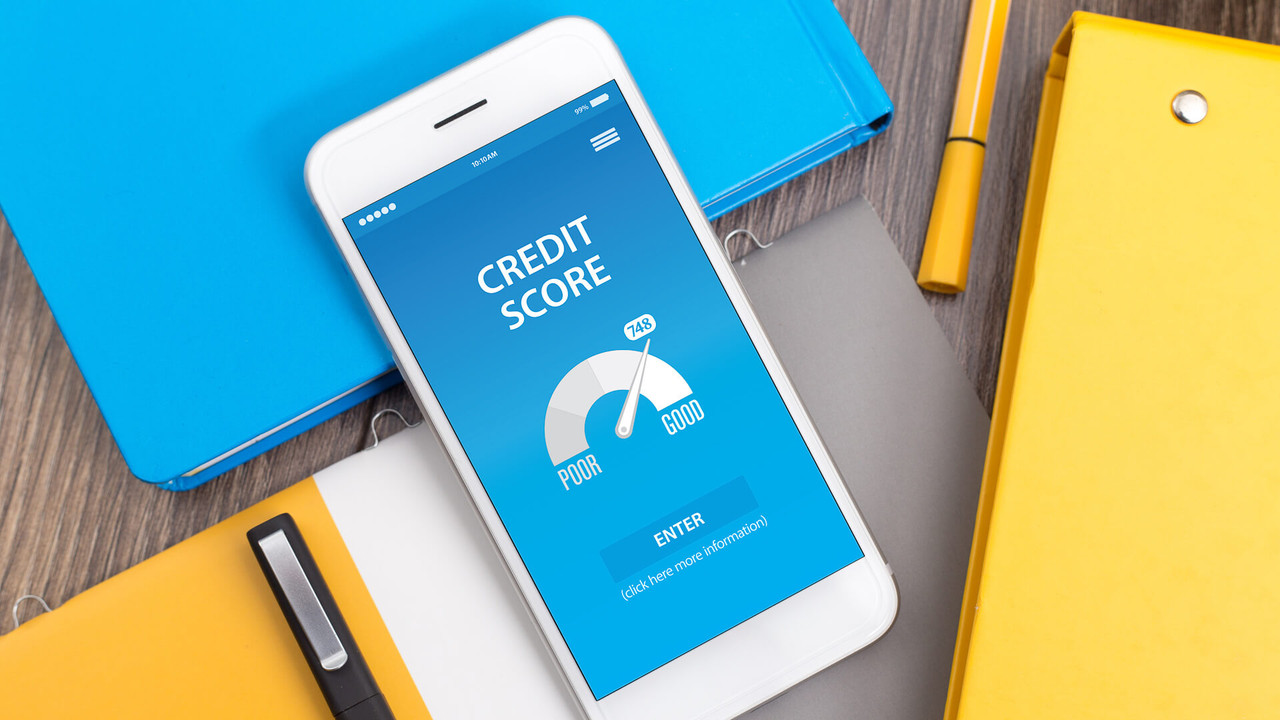Avoiding Common Mistakes with Loans and Credit Scores
Credit is an integral aspect of having a well-rounded, healthy financial life. Without access to affordable credit via loans, credit cards, and other financing solutions, it can be difficult for people to achieve the goals they have for their life. Understanding how credit works helps in creating a strong credit profile, but there are many aspects involved in calculating one’s credit score that need to be recognised.
One of the ways consumers make mistakes in their credit journey is being unaware of how specific types of credit accounts impact their credit score calculation. Loans are common tools in financing major expenses, whether they are known or unexpected. This is because a loan comes with a predictable repayment term and set monthly payments, as well as a set cost by way of an interest rate charged on the amount borrowed. Many lenders offer loans to consumers through in-person locations or online platforms, making it easy to get a loan when it is needed. However, the ease and convenience of loans often overshadow the credit consequences that they entail. Consumers considering a loan for any reason can lessen the blow to credit scores by understanding the following mistakes – and how to avoid them.

Avoid Applying for Multiple Loans
Over the last decade, a multitude of lenders have joined the ranks of banks and credit unions offering loans directly to borrowers. The rapid influx of loan providers has made it easier for consumers to get access to the financing they need, when they need it; however, the increased competition has also created inadvertent negative impacts to credit scores.
Many consumers think that applying for multiple loans with various lenders will result in getting the best offer with the most beneficial repayment terms and interest rate. Unfortunately, every time a loan application is submitted, a lender completes a hard check of credit. This credit check involves reviewing a borrower’s credit report, evaluating items like past and current debts, monthly payment amounts, payment history, and other credit inquiries from other lenders. Applying for multiple loans at once creates a handful of hard credit checks which ultimately bring credit scores down.
Instead of submitting formal applications to multiple lenders, consumers are better off using comparison sites to review loan options, then applying for the single loan that makes the most financial sense for their needs.
Have a Plan for Repayment
Credit is also impacted by loan payments after a loan application is approved and funds are received. Borrowers enter into an agreement with a loan provider that they will make fixed monthly payments for a set period, and if this is not done, credit is negatively impacted. Loan providers report loan payments to the credit reference agencies each month, and missed or late payments show up on one’s credit report just as on-time payments do. When payments are not paid as agreed, credit scores can suffer. These negative marks stay on a credit report for several years, which can make it difficult to get financing in the future.
To ensure payments are made on time, evaluate your monthly income and expenses to determine what you can afford in terms of a loan payment. Some borrowers establish automatic payments from a bank account so that a due date is never missed. Others may set calendar reminders to alert them when a payment needs to be made. Taking these small steps can make a big difference in keeping up with loan payments and maintaining a healthy credit score.
Be Cautious with Short-term Loans
According to a finance expert with Money Pug, a site used to get the best short term loans, consumers have access to several different types of loans from various lenders. Some loans offer fast funding, even if credit has been an issue in the past, and short-term repayment terms that span months, not years. Although short-term loans can be beneficial if a borrower needs cash in a hurry, the cost for getting a short-term loan can be several times higher than a traditional loan.
Borrowers need to be aware that the high cost of short-term loans can have a negative impact on credit. These loans are reported to the credit reference agencies just as other loans are, and the same rings true for missed or late payments. The issue with short-term loans is that the triple-digit interest rates charged can add up quickly and make it near impossible to repay the loan on time or in full. These missteps are included on one’s credit report and will have a drastically negative effect over time.
Look Ahead for Credit Needs
Finally, borrowers considering a loan to cover financial needs now need to look ahead to their financial future at the same time. For instance, if a home purchase is planned for the near future, taking out a loan now may have a negative impact on one’s ability to get a mortgage loan with the lowest possible interest rate in the upcoming months. Lenders want to feel confident that borrowers can repay what they owe, and having a loan on the books may deter lenders from approving an application with the best possible terms.
A loan can be a beneficial tool in covering expenses, either for the short- or long-term. However, borrowers need to be aware of the common mistakes that can negatively influence credit scores before applying for and accepting a new loan.


